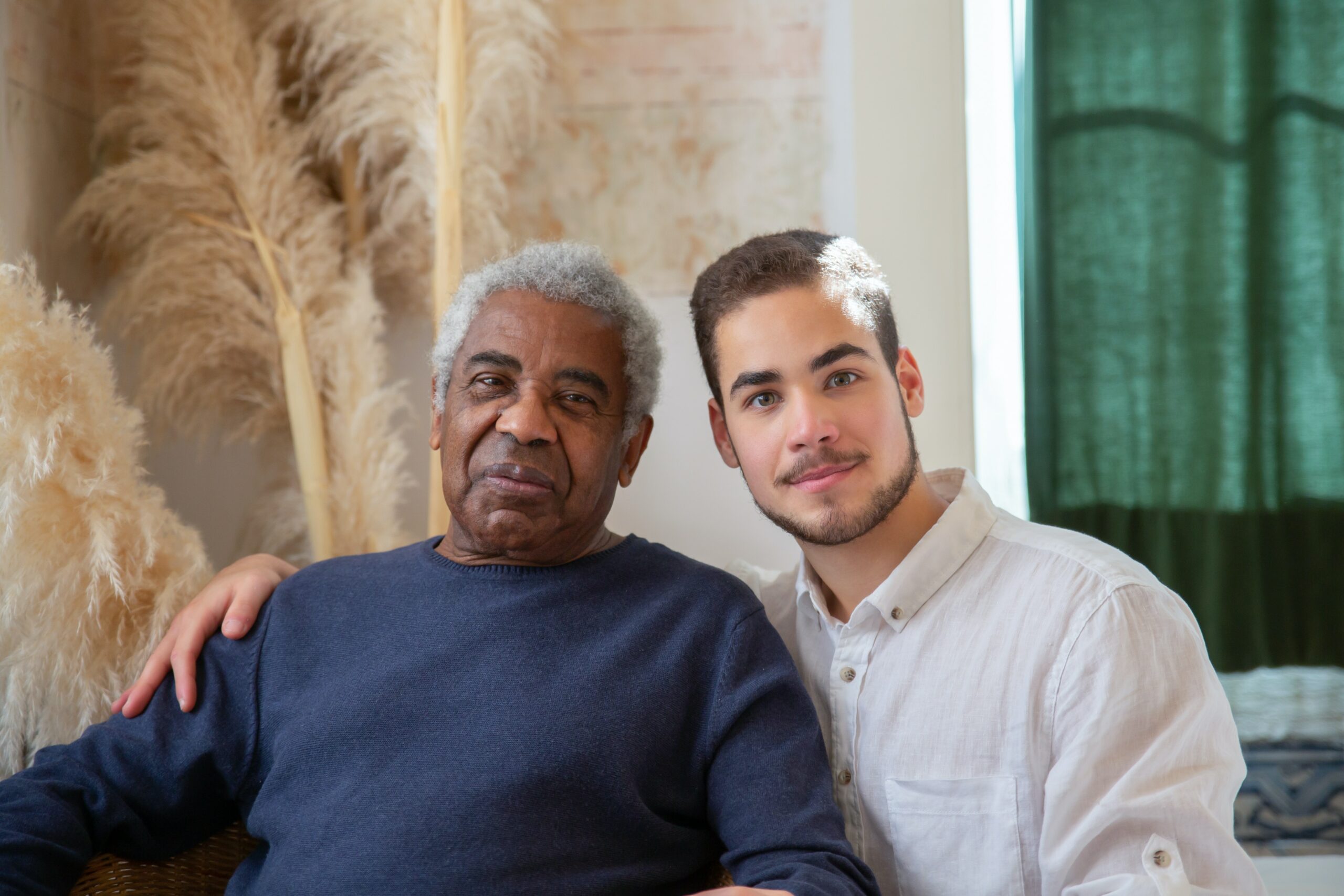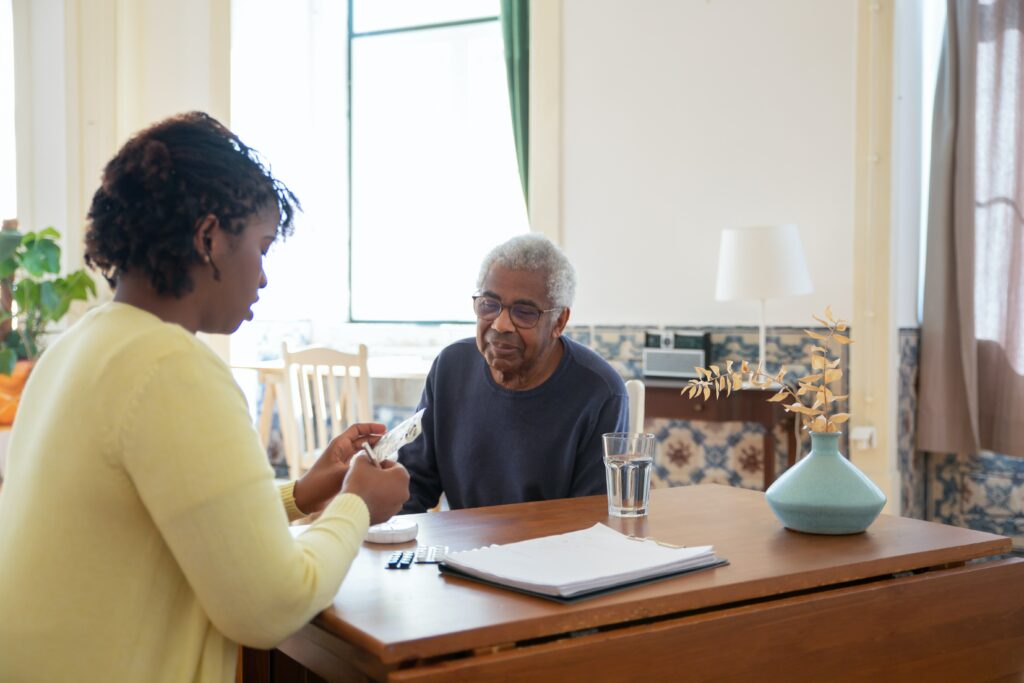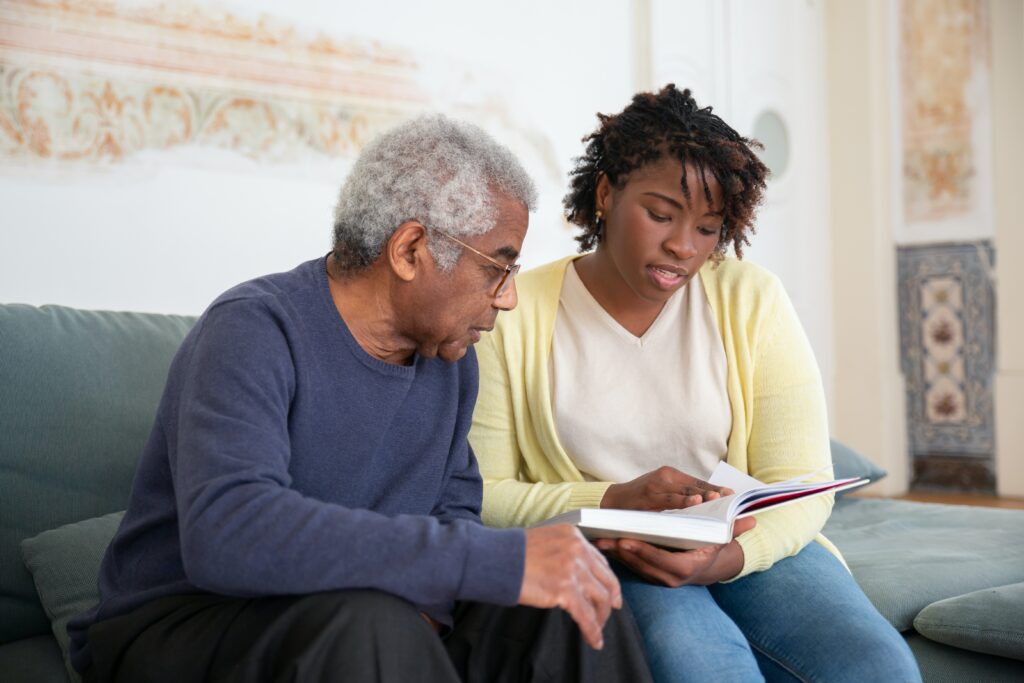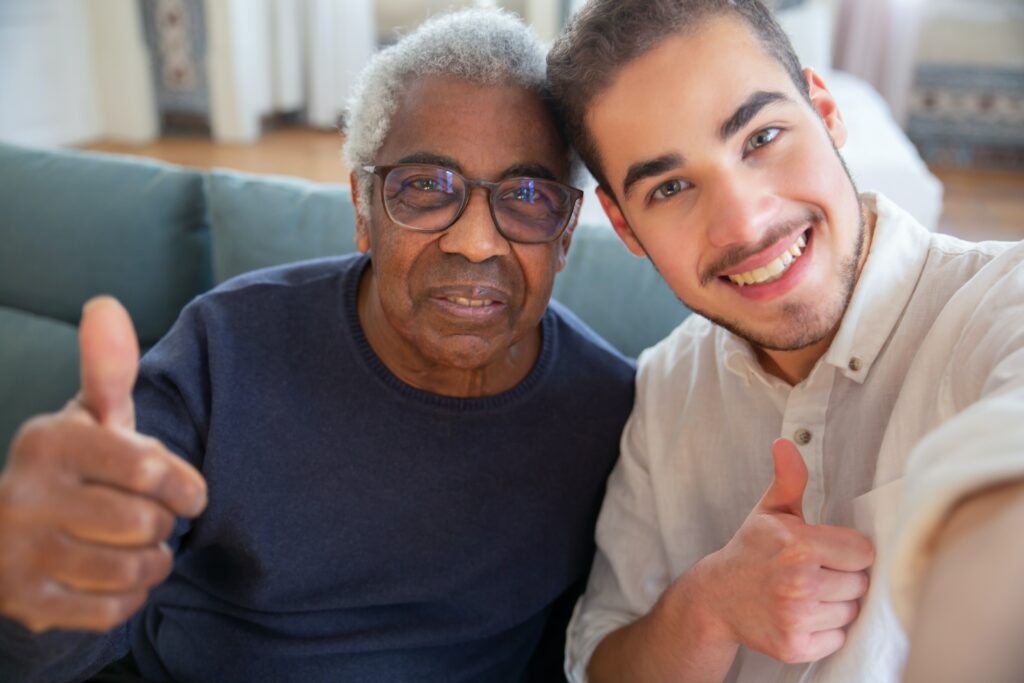Qualities and Skills A Good Senior Carer Should Have
Caregiving is challenging and rewarding, requiring many qualities and skills. Senior carers are responsible for providing personalized care and support to elderly or disabled individuals to enable them to live as independently as possible.
This article will discuss the qualities and skills essential for a good senior carer, drawing on information from reliable sources.
Qualities Of A Good Senior Caregiver
A good senior carer should have a range of qualities to provide the best possible care for elderly or disabled individuals, including;
Empathy and Compassion
Empathy and compassion are essential qualities for any carer, but they are particularly important for senior carers. Understanding and relating to an elderly or disabled person’s emotions, feelings and experiences is crucial for building a trusting relationship with them. According to the Alzheimer’s Society, being empathetic and compassionate can help to alleviate stress and anxiety in the person being cared for, making them feel valued and respected.
Patience
Elderly or disabled individuals often require more time and assistance with daily activities than other patients. A good senior carer should be patient and calm, even in difficult situations. Patience is also important when building a relationship with the person cared for. It may take time to build trust and understanding, but a patient approach will help create a positive environment and develop a sense of security. According to a report published by the National Institute on Aging, “Being patient can help you to build trust and rapport with the person you’re caring for and establish a sense of security.”
Good Communication Skills
Good communication skills are critical for any senior carer. They should be able to communicate effectively with the person being cared for, their family members, and other healthcare professionals. Clear communication is essential in developing an individualized care plan, responding to emergencies, and identifying potential issues. According to a report published by the Alzheimer’s Society, “Effective communication is key to providing high-quality care for people with dementia.”
Flexibility
A good senior carer should be able to adapt to the changing needs of the person being cared for. As their condition changes, their care plan may also need to change. Flexibility and openness to new ideas or approaches are essential to provide the best care. According to a report published by the World Health Organization, “Flexibility is crucial in providing person-centered care, which requires an individualized approach to care that is responsive to the changing needs of the person.”
Observation and Attention to Detail
Senior carers should be observant and have keen attention to detail. They must monitor the person being cared for, identify changes in their condition, and report any concerns to other healthcare professionals. A good senior carer should be able to notice subtle changes in behavior or mood and respond appropriately. According to a National Institute on Aging report, “Observation is key to detecting changes in the person’s health status or behavior.”
Dependability and Reliability
A good senior carer should be reliable. Caregivers should arrive on time for scheduled appointments and complete tasks promptly and efficiently. Reliability is essential in building a trusting relationship with the person cared for and their family members. According to the Health Resources & Services Administration, “Dependability is one of the key attributes of a good caregiver, as it ensures that the person receiving care feels confident in the caregiver’s ability to provide reliable care.”
Physical Fitness and Stamina
Senior carers must be physically fit and have the stamina to perform various tasks, including lifting and moving patients. They may also need long periods on their feet, so good physical health is important. As the National Council for Aging Care notes, “A good senior carer should have good physical fitness and stamina to perform a range of tasks required in caring for the person, including lifting and moving patients.”
Skills Of A Great Senior Carer
A great senior caregiver should possess many skills to provide the best care to elderly or disabled individuals. Here are some key skills that a great caregiver should have.
Medication Management
Senior caregivers may manage medications for the person in their care. Medication management includes ensuring that medications are taken at the correct times and dosages. A great senior caregiver should know different medications, their effects, and their side effects and be able to manage them safely.
Wound Care
A great senior caregiver should have basic knowledge of wound care, including cleaning and dressing wounds and monitoring them for signs of infection. According to the National Institutes of Health, they should also know when to seek medical attention for more serious wounds.
Mobility Assistance
Many elderly or disabled individuals require assistance with mobility, such as getting in and out of bed, using a wheelchair, or walking with a cane. A great senior caregiver should be able to provide safe and appropriate assistance with mobility, including knowing how to use mobility aids and assistive devices.
Personal Care Assistance
Personal care assistance includes tasks such as bathing, dressing, and grooming. A great senior caregiver should be able to provide personal care assistance with sensitivity and respect for the individual’s privacy and dignity. They should also be able to recognize and respond to any signs of discomfort or pain.
Meal Planning and Preparation
A great senior caregiver should be able to plan and prepare nutritious meals that meet the individual’s dietary needs and preferences. According to the National Institute on Aging, caregivers should know about food allergies or sensitivities and how to adapt recipes to meet these needs.
First Aid and Emergency Response
A great senior caregiver should have basic first aid and emergency response knowledge. According to the American Red Cross, first aid and emergency response include knowing how to recognize and respond to common medical emergencies such as heart attacks, strokes, and falls. They should also know when to call for emergency medical assistance.
Read Also: Everything You Need To Know About Emergency Kits For Seniors/ Emergency Medical Files
Bottomline
In summary, a good senior carer should have a range of qualities and skills to provide the best possible care for elderly or disabled individuals. These include empathy, compassion, patience, good communication skills, flexibility, observation and attention to detail, dependability and reliability, and physical fitness and stamina. These qualities and skills can be developed through training and experience and are essential for fulfilling the responsibilities associated with caring for an older loved one.
To learn more about senior caregiving, you may check out our Caregiving For A Senior: An Overview article which covers the important topics you need to be familiar with if you plan on hiring a caregiver or being a family caregiver to your older loved one.






